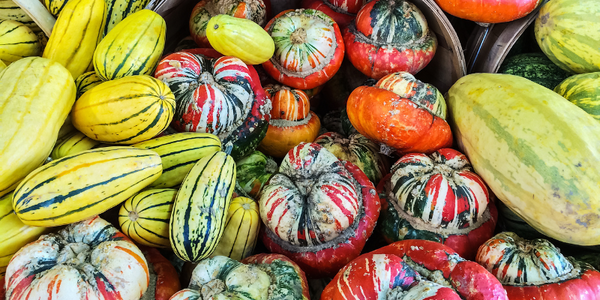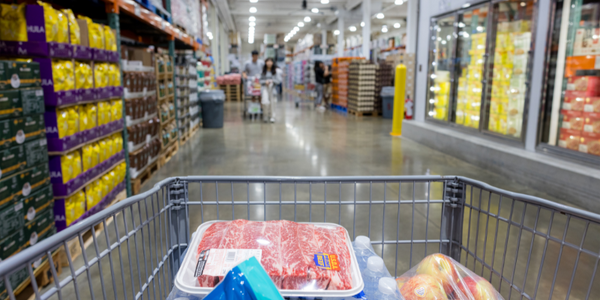Posted on May 15 2019

The devastation caused by hurricanes Harvey and Irma in 2017 and Katrina in 2005 were a stark reminder of the need to be prepared for natural disasters. Extreme weather events are becoming more common, and they can be life-changing experiences. If you're caught in the path of a subzero blizzard, tropical hurricane, tornado, wildfire or horrific flood, some basic preparation and planning significantly increases your chances of survival. The time to create a disaster kit is now, before Mother Nature hits.
Responding to warnings of a hurricane or other deadly weather event once it is on the way means you may struggle to find food and water. If you do not execute an escape plan early enough, highways and transport routes may be blocked leaving you in the danger zone. Time is of the essence.
The following tips will ensure you and your loved ones remain safe when a disaster strikes.
1) Assemble a survival kit
Even if you don't live in an area prone to tornadoes or other extreme weather, all families should keep a survival kit packed and ready. Also known as a 'bug out bag,' this kit should contain everything you need to survive for at least three days. Having this ready to grab and go gives you comfort when news of a coming disaster hits the headlines. Rather than panic and head to the store in the hope of finding what you'll need, your bug out bag will be waiting for you.
Include a good traditional flashlight, hand-crank flashlight, battery operated or hand-crank radio and extra batteries. First aid supplies are essential items for survival including non-expired prescription medications and over-the-counter pain reliever. A bug out bag should also contain an ample supply of water per person and pet per day, basic set of utensils and dry clothes for all of the family. Pack non-perishable food supplies; dehydrate, can and/or vacuum seal your food. Local maps, a compass, a multi-tool/swiss army knife, baby wipes, sanitation supplies, diapers (if needed), hand sanitizer, manual can opener, matches, candles, glow sticks, water filter and cooking fuel are other items to consider packing. You'll want to label everything clearly. It's a good idea to also include an instant cell phone battery charger. Don't forget about cash; keep several hundred dollars in small bills in your bug out bag.
2) Prepare a survival plan
Write a basic emergency plan and make sure every member of your family is familiar with it. A plan should be flexible to cover a broad range of possible disasters and emergencies. If you live in the tornado belt, a related disaster isn't the only thing you should be prepared for.
Having a written plan reduces the sense of panic and helplessness if something happens. Each member of your family will know what to do and what steps are in place to ensure their safety and survival. Your plan should detail who is responsible for loading your vehicle, who will secure your property and who to contact to let them know you're safe and where you are heading.
3) Monitor radio and follow advice from authorities
A reliable emergency radio is essential for survival during a natural disaster. Don't rely on television or the internet for news, as power lines and antennae may be down. National and local authorities will broadcast news and advice, and the National Oceanic and Atmospheric Administration (NOAA) is a great resource for weather and disaster alerts. A radio with a hand turbine for charging is a good option, as you don't have to worry about conserving power in batteries.
4) Have an outside contact
Family and friends living in other areas will understandably be worried if you're caught up in a disaster. Designate one person as your outside contact and give them the job of updating others. Check in with this person at regular intervals to ensure communication flows. If your family in the disaster area become separated, an outside contact can help to coordinate meetups.
5) Don't take chances
There are warning signs for most natural disasters, and you usually have some time to prepare. For example, if weather reports are warning of a severe hurricane in your area, it's time to consider what action you need to take. Never take chances with your family's safety. If authorities are advising you to head to a shelter or evacuate the area, do so. Property can be repaired and replaced.
Every disaster situation is different, so flexibility is key when it comes to protecting your family. Tailor your survival kit and plans to your individual needs, and be prepared to adapt as the situation develops.
Related Posts

Three Types of Squash to Add to Your Fall Grocery List

11 Plants To Keep Mosquitoes Away All Summer Long



0 comments